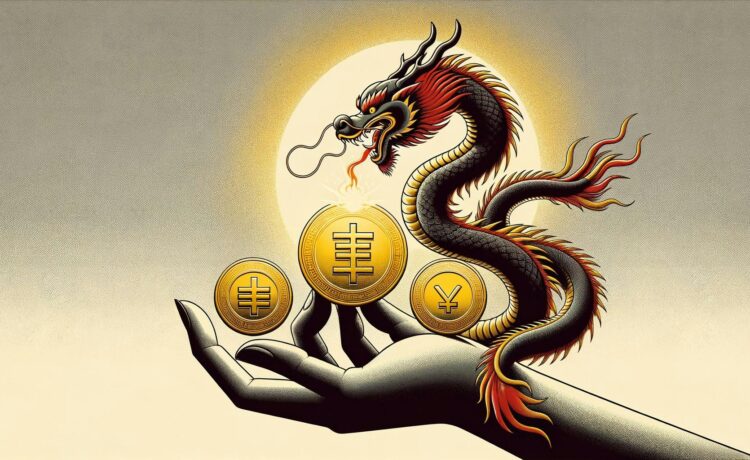What’s going on here?
China’s stimulus package caused ripples through Asian financial markets, strengthening currencies like the Malaysian ringgit and Thai baht, while Chinese stocks saw their best weekly performance since 2008.
What does this mean?
China’s hefty economic stimulus aims to lift the nation out of a deflationary slump and rejuvenate growth, positively impacting Asian markets reliant on Chinese trade and tourism. The Malaysian ringgit appreciated by 0.7% to hit 4.123 per dollar – a high not seen since September 2021 – while the Thai baht achieved 32.35 per dollar, its strongest since March 2022. Despite a slight dip due to profit-booking ahead of Golden Week, the Chinese yuan is near its strongest level in 16 months. Notably, Chinese stocks are set for their best week since November 2008, with the MSCI EM Asia equities index climbing to mid-February 2022 levels, eyeing a 7% weekly rise.
Why should I care?
For markets: Turning tides in Asia.
While China’s stimulus boosted specific currencies and stocks, not all emerging Asian markets shared the joy. On Friday, shares in the Philippines and Indonesia dipped up to 0.7%, Malaysia slid 0.8%, and Singapore’s market slipped 0.6%. Yet, a global market strategist at Invesco pointed out that emerging markets, especially China, might continue to outperform if the US dollar weakens and investors hunt for higher returns.
The bigger picture: Global shifts in play.
China’s stimulus-induced confidence comes as part of a broader rotation into Hong Kong and Chinese stocks, possibly at the expense of ASEAN equities. Political stability and strong foreign inflows bolstered the ringgit, while the Japanese yen traded higher following a political shift in Tokyo, causing Nikkei futures to dip. Meanwhile, Sri Lanka’s steady interest rates painted a positive economic outlook, and Indonesia plans to halt JIBOR publication by 2026.
















